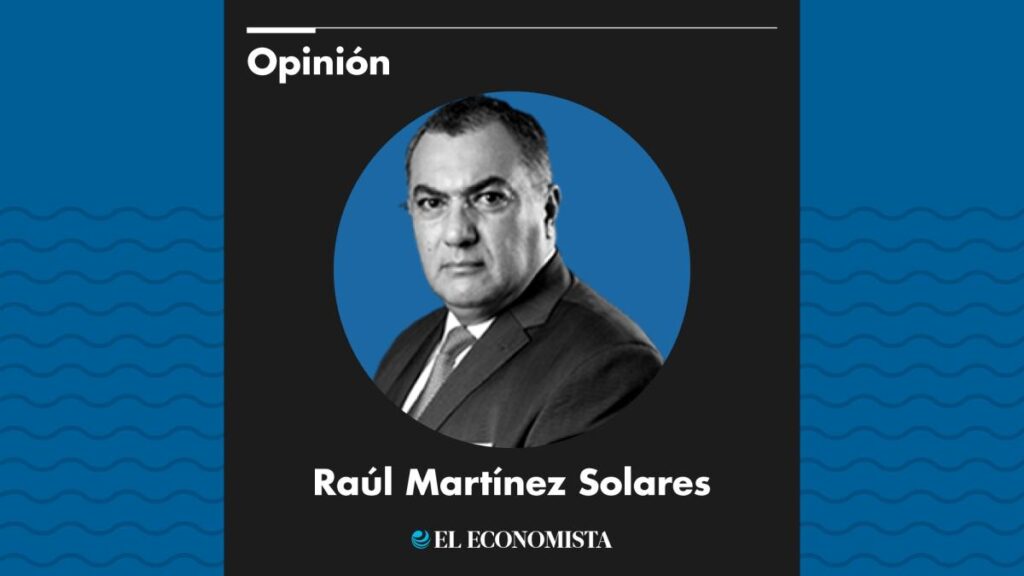Understanding Decision-Making Components
When we make decisions, there are two critical components involved. Firstly, we assess the potential impact of our decision on the future. This evaluation can be superficial or thorough, influenced by biases and imperfections. Secondly, we rely on our past experiences to inform present decisions. A significant part of this past information pertains to how we remember our beliefs and decisions from earlier times.
The Imperfection of Human Memory
Numerous studies have shown that human memory is inherently flawed. Time, changing perceptions, and cognitive phenomena that alter memories often result in a substantial portion of our recollections being at least partially inaccurate.
The Update Bias Study
A recent study, titled “Update Bias: Manipulating Past Information Based on Existing Circumstances,” by Umer and Kurosaki, explored a phenomenon called the “update bias.” This study focused on religious behavior in the present and how individuals remember their past behavior. The researchers found that those who increased or decreased their religiosity over a certain period tended to adjust their memories of their teenage years. Specifically, those who currently identify as more religious remember themselves as more religious in their youth, while those who currently identify as less religious remember themselves as less religious in their youth. In essence, memory functions as a reflection that aligns more with our current perspective than with truth.
Cognitive Dissonance and Memory Manipulation
This phenomenon relates to cognitive dissonance, the effect that arises when our actions conflict with our beliefs. To alleviate this discomfort, we don’t merely change our present opinions—which is challenging for most people. Instead, we rewrite our memories.
Political Polarization and Memory Manipulation
These memory manipulation processes are more apparent and frequent in politically polarized environments. For instance, an individual who vehemently criticizes the government today but once enthusiastically supported its campaign promises may, over time, remember their initial support as lukewarm or nonexistent. This serves as an unconscious way to reconcile their present discomfort with their past support.
Conversely, those who were once fiercely opposed to the government but now find themselves closer to governmental stances may rewrite their memories of their past opposition. This adjustment aids in reconciling their current beliefs.
Implications for Political Realities
The implications of these processes on political realities are substantial. They not only create a bias that diminishes individual objective judgment but also foster greater animosity in collective debates.
Political groups demand absolute coherence, and to belong, members adjust their past. For example, someone who leaves a political party might suddenly “remember” detecting corruption within the party all along.
Without more objective memories, evaluating past or present errors becomes challenging. If each faction reinterprets the past to suit their convenience, dialogue becomes impossible. Consequently, economic crises, corruption scandals, and even the achievements of previous governments are reinterpreted not with facts but with distorted memories aligned with the present group identity.
Key Questions and Answers
- What are the critical components of decision-making? The two key components are assessing a decision’s future impact and using past experiences to inform present decisions.
- How does human memory affect decision-making? Human memory is inherently flawed, often leading to inaccurate recollections of past beliefs and decisions.
- What is the update bias? The update bias refers to the tendency of individuals to adjust their memories based on their current perspectives, as demonstrated in a study by Umer and Kurosaki.
- How does cognitive dissonance relate to memory manipulation? Cognitive dissonance, the discomfort from conflicting actions and beliefs, can lead to memory manipulation as a coping mechanism.
- What are the implications of these processes for political realities? These processes can create bias, diminish objective judgment, and foster animosity in collective debates.






